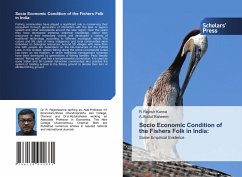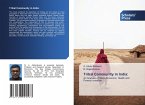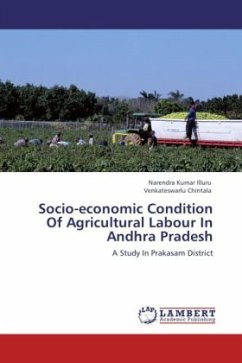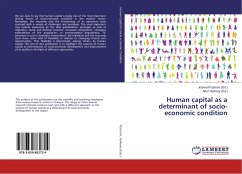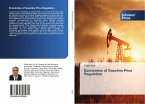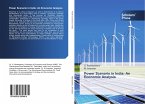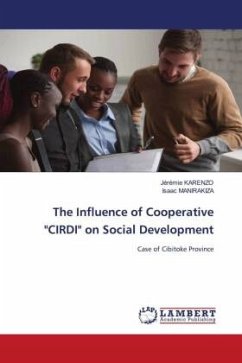Fishing communities have played a significant role in conserving their ecosystem through generation of interaction with the lake or lagoon system and other ecosystems around the lake region. Over the years they have developed immense empirical knowledge, about their resources in their immediate vicinity and developed a variety of traditional technology according to different ecological needs. The culture and life style of many indigenous and local communities were embodied on biological resources. Around 59 villages with more than one lakh people are dependent on the bio-resources of the Pulicat Lake. In this context, artisan fishing along the entire Coromandel Coast has been an old tradition, in which traditional management schemes have been developed by generations of fishing families. Padu literally means "fishing site" and has a temperamental connotation. It is used by some Indian and Sri Lankan fishermen communities who practice the system of rotating access to the fishing ground to denote their turn or allotted fishing ground.
Bitte wählen Sie Ihr Anliegen aus.
Rechnungen
Retourenschein anfordern
Bestellstatus
Storno

